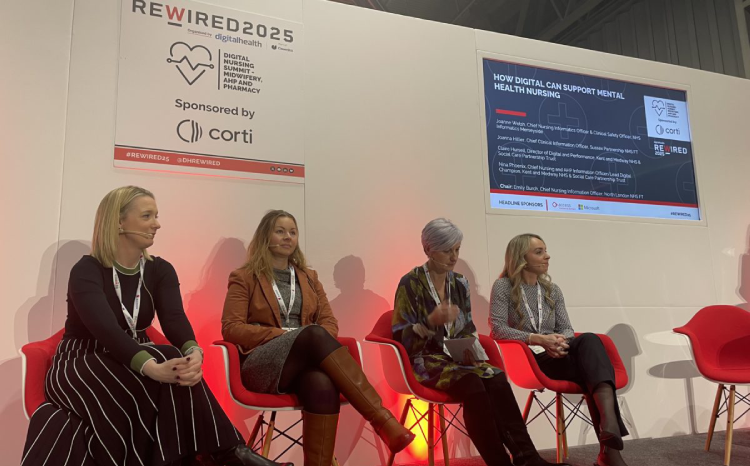Over 2000 Reponses For NHSIA Confidentiality Campaign
- 6 March 2003
Over 2000 responses to the NHS Information Authority’s national consultation on confidentiality are being analysed and early results are expected in April.
Speaking to E-Health Insider, the authority’s head of patient and citizen relations, Marlene Winfield, said 2400 responses had been received using the consultation questionnaire, along with 100 letters. Around 50% of the responses came from within the NHS and 15-18% came from the public. The rest came from a variety of sources including regulators, researchers and suppliers.
“We didn’t know what to expect. We’re particularly pleased that we have had such a good response from patients, carers and the public,” she said.
After the April summary of results there will be a fuller report showing how the original proposals for handling confidentiality have changed as a result of the consultation which ran from October 2002 to January 2003. The original proposals consisted of a draft National Patient Information-Sharing Charter, Caring for Information – a model for future practice in handling patient information and a draft code of conduct for NHS staff, and a script for a video as part of a public information campaign.
Ms Winfield said that Caring for Information had received an 87% approval rating from NHS respondents and 82% approval from patients, carers and citizens, with 9% of the latter actively disapproving of the proposed future model for information governance.
“All in all we were heartened by the fact that the approach seems to be well received,” she commented. “We are carefully analysing the concerns of those who disapproved so that we can address them in the revised model.”
The imperative now is to forge on with pilot projects. The consultation and its results have been designed to mesh in with the National IT Programme and ensure that the Integrated Care Record Service (ICRS) planned for the NHS complies with the new model for confidentiality as it develops.
Technical developments needed to meet the requirements are being handled alongside the consultation. This means that technical development started quickly, for example, when a proposal arose for a “virtual sealed envelope” containing parts of a record which would be opened only with the patient’s specific permission and further suggestions about how it would work in practice.
Ms Winfield says the overwhelming support for the proposals from the NHS shows the desire in the service for a clear, consistent approach to confidentiality and work is underway to draw all the current strands of regulation and policy together into a coherent agenda for information governance.
One of the next steps will be to produce an information toolkit to enable NHS organisations to operate in a way that respects confidentiality while giving patients control over their information and the degree of understanding needed to exercise that control.
Ms Winfield says that research indicates that for most of the population the new ways of sharing electronic health information are not a troublesome issue.
“60% said they would not want to put anything in a virtual sealed envelope. Whether that will change, I don’t know. 25% thought they might put a little bit of information in it and 8% definitely had privacy issues, for example around sexually transmitted diseases, mental health problems and genetic predispositions,” she explained.
Non-clinical issues noted down by healthcare professionals such as debt or limited literacy may also be prove sensitive when patients begin to see the records working in practice. There are issues, too, around sharing information outside healthcare.
Ms Winfield says that when she talks to patients, carers and citizens about confidentiality the feedback suggests that they definitely differentiate between health and social care. “There are real worries out there and we’ve got to understand them,” she says. “There’s going to have to be some very good guidance.”
There is pressure from health and social services for greater information sharing particularly in the area of child protection where recent reports on the deaths of Ainlee Walker and Victoria Climbie have highlighted poor co-ordination of information by the statutory agencies involved.
Ambulance crews are also asking for information about patients with a history of violence to be made available when they are called to attend them. Ms Winfield says there are areas where the public interest creates an exception to normal rules on confidentiality and greater clarity around those areas will emerge.
The next step in public consultation around the National IT Programme will focus on the ICRS and how patients and citizens want the NHS to use it on their behalf and how they want to use it themselves.




